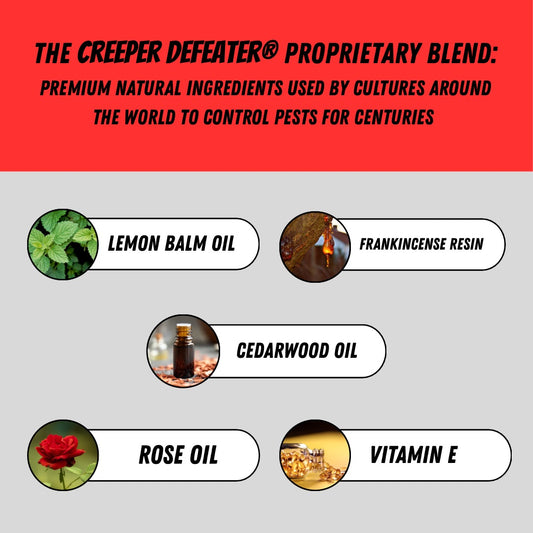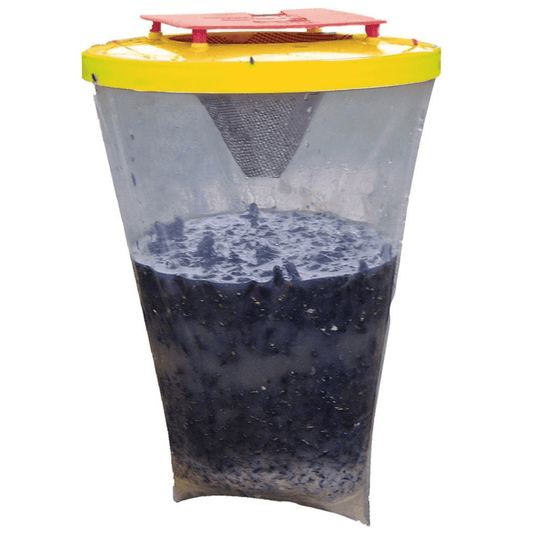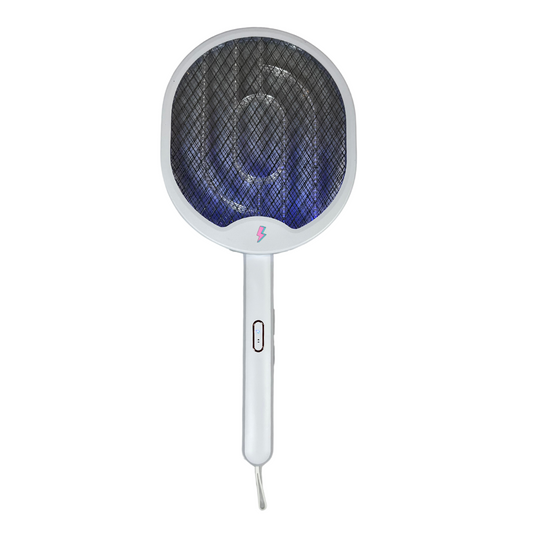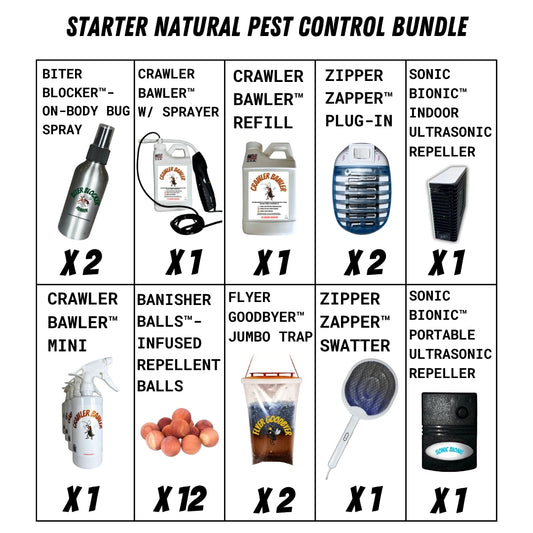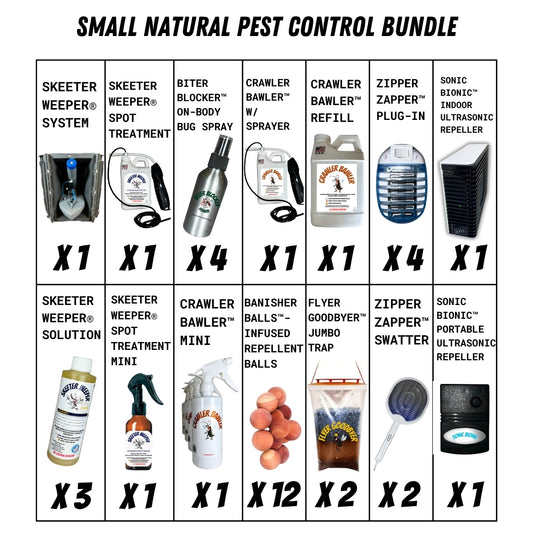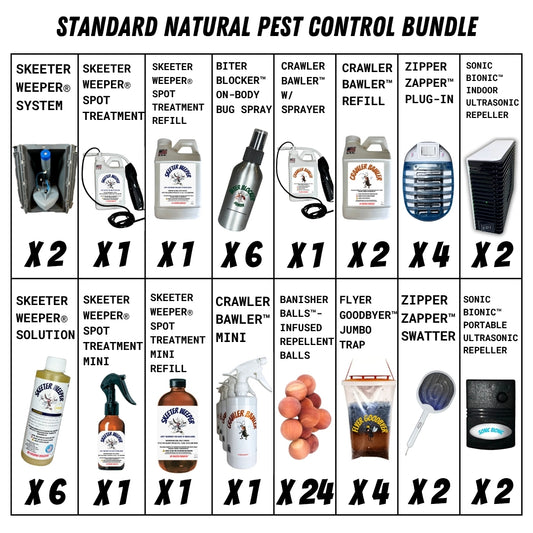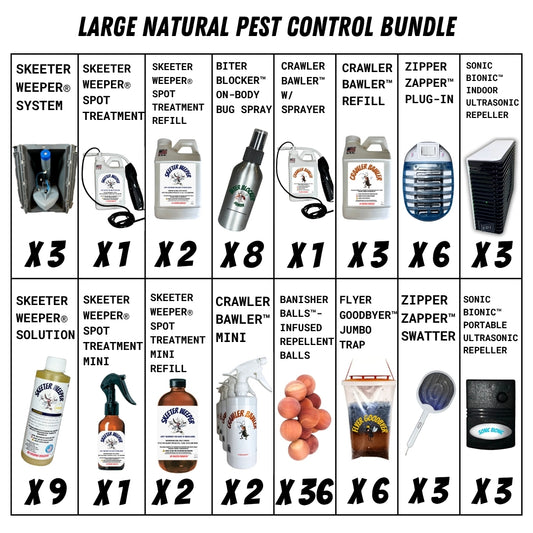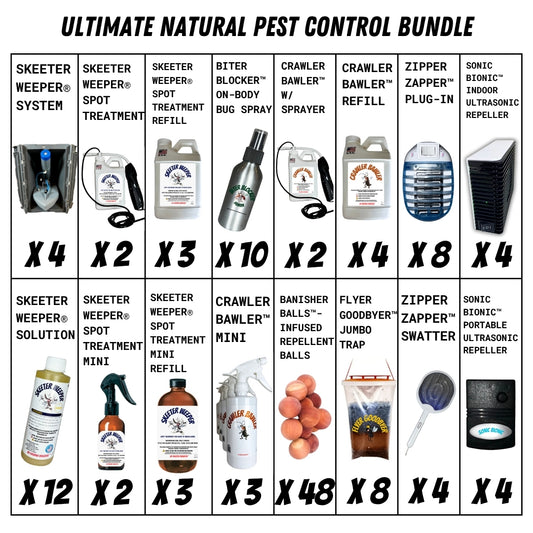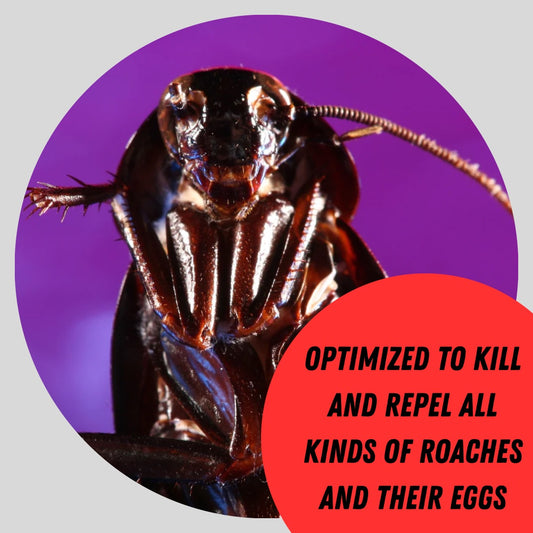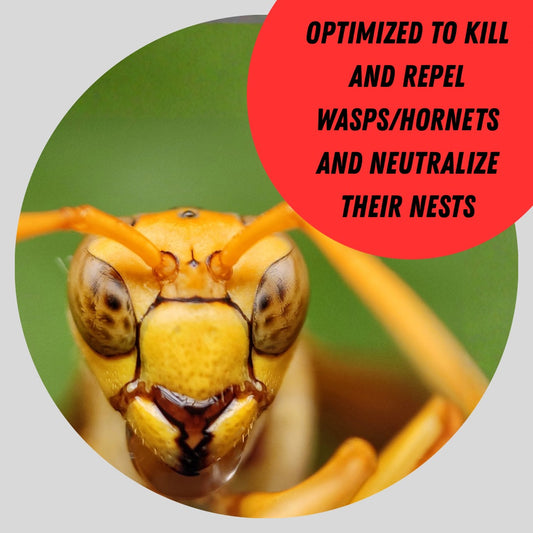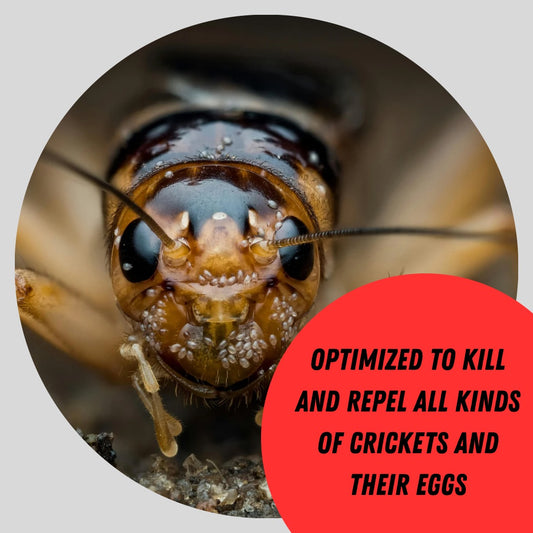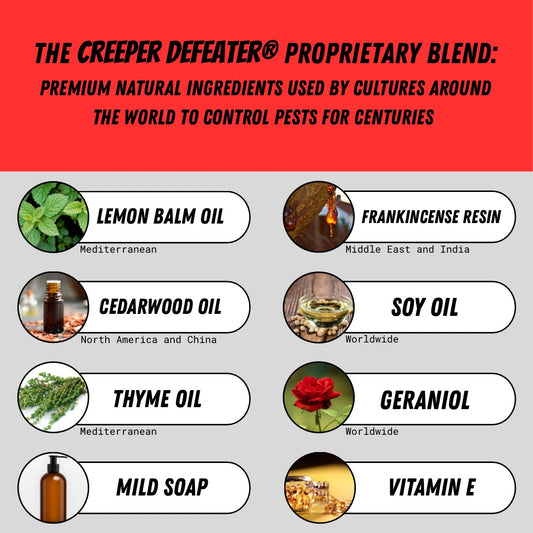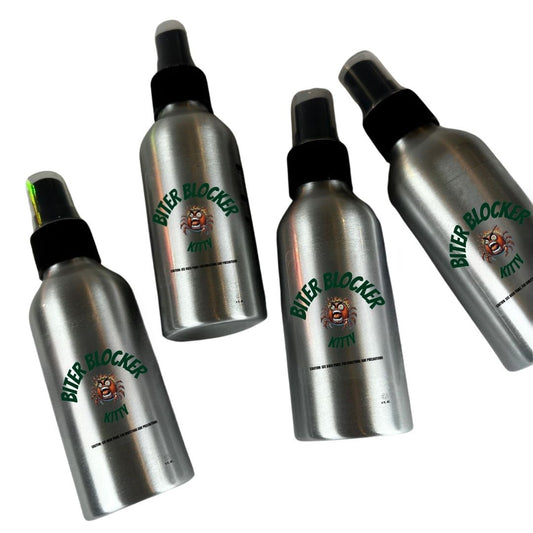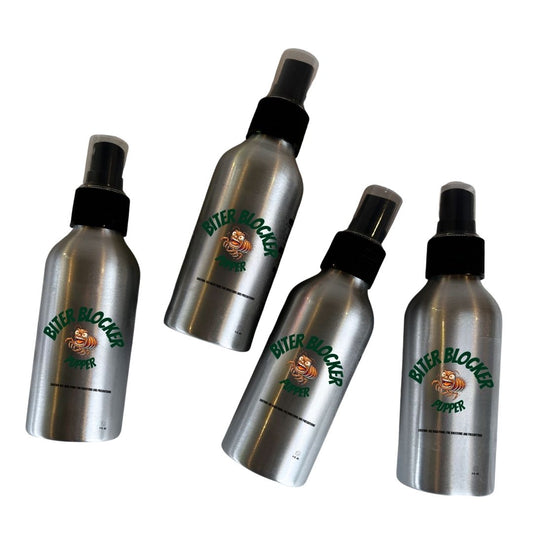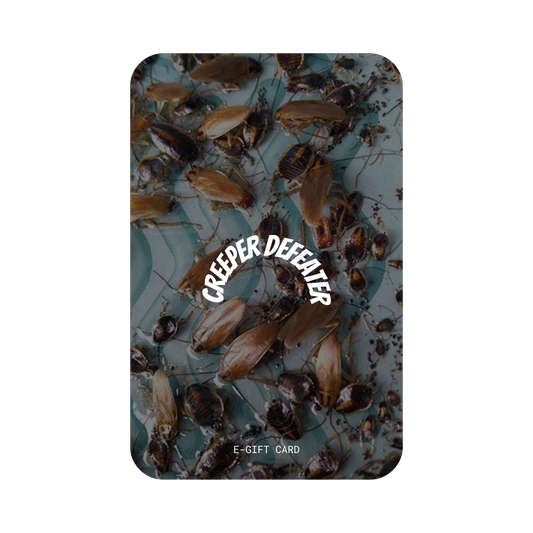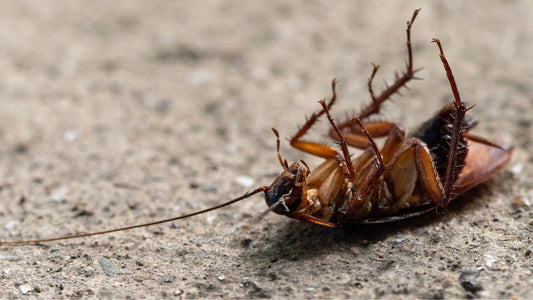
PROTECTING OUR FURRY FRIENDS: THE THREAT OF MOSQUITO-BORNE ILLNESSES IN CATS AND DOGS
We love our pets. They bring immeasurable joy and companionship into our lives, becoming cherished members of our families. However, as responsible pet owners, we must be aware of potential health threats that can affect our furry friends. One such danger comes in the form of mosquito-borne illnesses, which can pose severe risks to the well-being of cats and dogs. We will explore the common mosquito-borne illnesses that can affect our pets and highlight the importance of protective measures.
Common Mosquito-Borne Illnesses in Cats and Dogs-
Heartworm Disease:
Among the most prevalent mosquito-borne illnesses in pets is heartworm disease. Caused by the parasitic worm Dirofilaria immitis, these worms can cause severe damage to the heart, lungs, and blood vessels in both cats and dogs. Heartworm disease is transmitted through mosquito bites, making preventive measures crucial.
West Nile Virus:
While West Nile Virus is more commonly associated with birds and humans, it can also affect our pets. Dogs are particularly susceptible, and severe cases can lead to neurological issues. Mosquito bites are the primary mode of transmission, emphasizing the need for protection.
Eastern Equine Encephalitis (EEE):
Although rare, EEE is a potentially fatal disease that can affect both cats and dogs. Caused by a virus transmitted through mosquito bites, EEE can result in neurological symptoms and, in severe cases, death. Prevention is key in areas where EEE is prevalent.
Protective Measures for Cats and Dogs-
Heartworm Preventives:
Administering heartworm preventives as prescribed by your veterinarian is essential for protecting your pets. These medications are typically administered monthly and are highly effective in preventing heartworm disease.
Use Mosquito Repellents:
Pet-friendly mosquito repellents like SKEETER WEEPER® help safeguard your furry friends from mosquito bites.
Regular Veterinary Check-ups:
Schedule regular check-ups with your veterinarian to monitor your pet's overall health and discuss preventive measures against mosquito-borne diseases. Vets can provide valuable advice on vaccination schedules, parasite control, and other protective measures.
Avoid Peak Mosquito Activity:
Mosquitoes are most active during dawn and dusk. Minimize outdoor activities during these times, especially in areas where mosquitoes are prevalent. Additionally, consider using mosquito screens on windows and doors to create more mosquito-free environments.
As responsible pet owners, it is our duty to ensure the well-being of our furry companions. The threat of mosquito-borne illnesses should not be underestimated, and taking proactive measures is crucial to protect our pets from potentially severe health issues. By staying informed, using preventive measures, and maintaining regular veterinary care, we can create a safer and healthier environment for our beloved animal companions. Together, let's ensure our pets lead happy, healthy lives free from the risks of mosquito-borne diseases.













